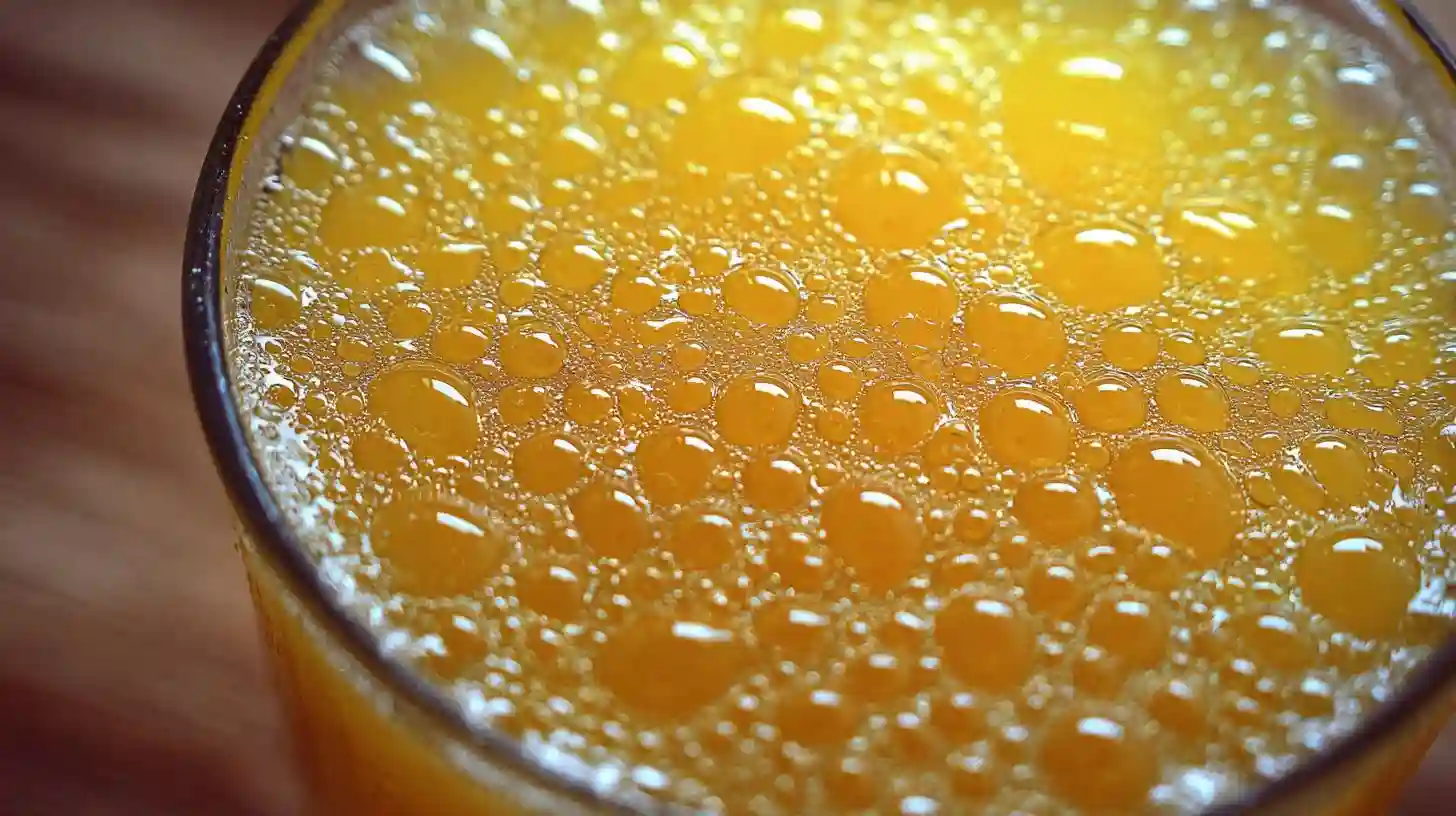
When discussing dietary choices, one often encounters the question of calorie content between different forms of the same food. In this regard, comparing mango juice to whole mangoes presents an interesting exploration into nutrition, caloric density, and the impacts of processing food. At first glance, both fruit and juice derive from the mango, a tropical delight known for its sweetness and vibrant flavor. However, critical differences between them can significantly affect calorie intake and nutritional value.
Mangoes, in their whole form, are not only juicy and flavorful but also packed with essential nutrients. A medium-sized mango, approximately 200 grams, contains around 150 calories. Additionally, it is rich in dietary fiber, vitamins A and C, folate, and a variety of antioxidants which contribute to many health benefits, including improved digestion, enhanced immune function, and cellular protection against oxidative stress. The fiber content of a whole mango helps promote a feeling of fullness, which can be beneficial for weight management.
On the other hand, when mango is processed into juice, it undergoes several changes that affect its caloric content and nutritional quality. Typically, a cup of mango juice (about 240 milliliters) can contain anywhere from 130 to 150 calories or even more if sugar is added during processing. This might suggest that the calorie content is similar to that of a whole mango, but this does not tell the complete story. Most importantly, while the caloric values may appear comparable at a glance, the juicing process strips away the significant amounts of fiber found in the whole fruit. Fiber is essential for digestive health, as it aids in maintaining a healthy gut and controlling blood sugar levels. Consuming juice, which lacks this fiber, can lead to a quicker spike in blood sugar levels as the sugars are absorbed more rapidly into the bloodstream without the mitigating effect of fiber.
Moreover, the act of juicing also tends to intensify the sweetness of the drink, sometimes leading manufacturers to add extra sugar or preservatives to enhance flavor, especially if the juice is not freshly made. This added sugar increases the caloric density of the juice, making it even higher in calories than one might expect. When people consume juice, they often overlook the quantity necessary to match the equivalent caloric intake of whole fruits. For instance, it takes several mangoes to produce a single glass of juice, meaning that one might easily consume the equivalent of several whole fruits’ worth of calories without the benefits they bring.
Furthermore, in the context of dietary habits, the experience of eating a whole mango is significantly different from drinking mango juice. Eating fruit encourages a mindful approach to consumption, allowing individuals to savor the texture, flavor, and aroma of the mango. This experience supports satiety and helps regulate appetite more effectively than consuming juice, which is often consumed quickly and without much thought. As a result, people may find that they consume fewer calories overall when they opt for whole fruits rather than processed juices.
In concluding the examination of the caloric differences between eating mangoes and drinking mango juice, it becomes evident that while the two may have similar calorie counts on paper, the nuances of health benefits and the overall impact on digestion and satiety heavily favor whole mango consumption. The mango fruit not only provides vitamins and minerals alongside its calories but also offers fiber, which is crucial for digestive health and prolonged feelings of fullness. In contrast, mango juice, despite its pleasant taste, lacks these benefits and may inadvertently promote overconsumption of calories, particularly when additional sugars are involved.
Therefore, from a health-conscious perspective, choosing to eat whole mangoes over mango juice could be a more beneficial choice for those looking to manage their caloric intake, maintain balanced nutrition, and support overall health. While enjoying a glass of mango juice occasionally isn't inherently harmful, making whole mangoes a staple in one's diet could lead to better health outcomes in the long run. Ultimately, being mindful of how food is prepared and consumed can profoundly affect nutritional value and overall well-being.